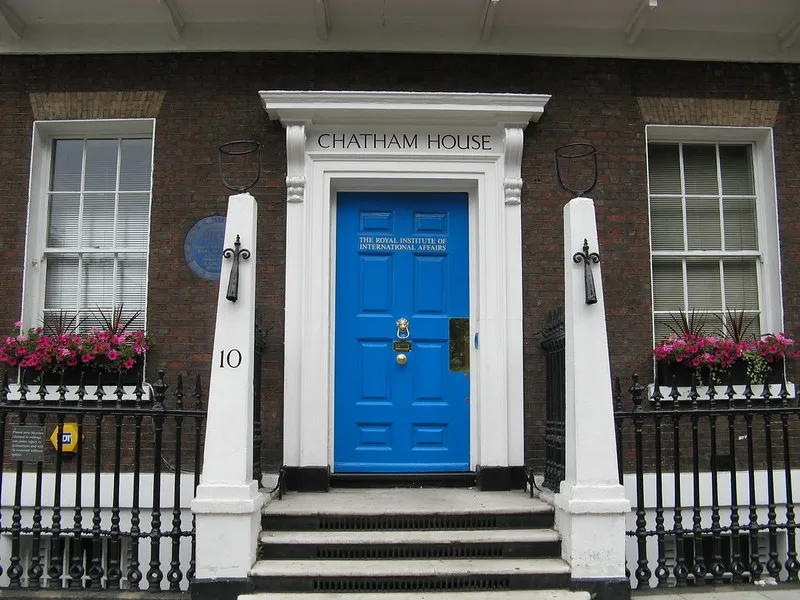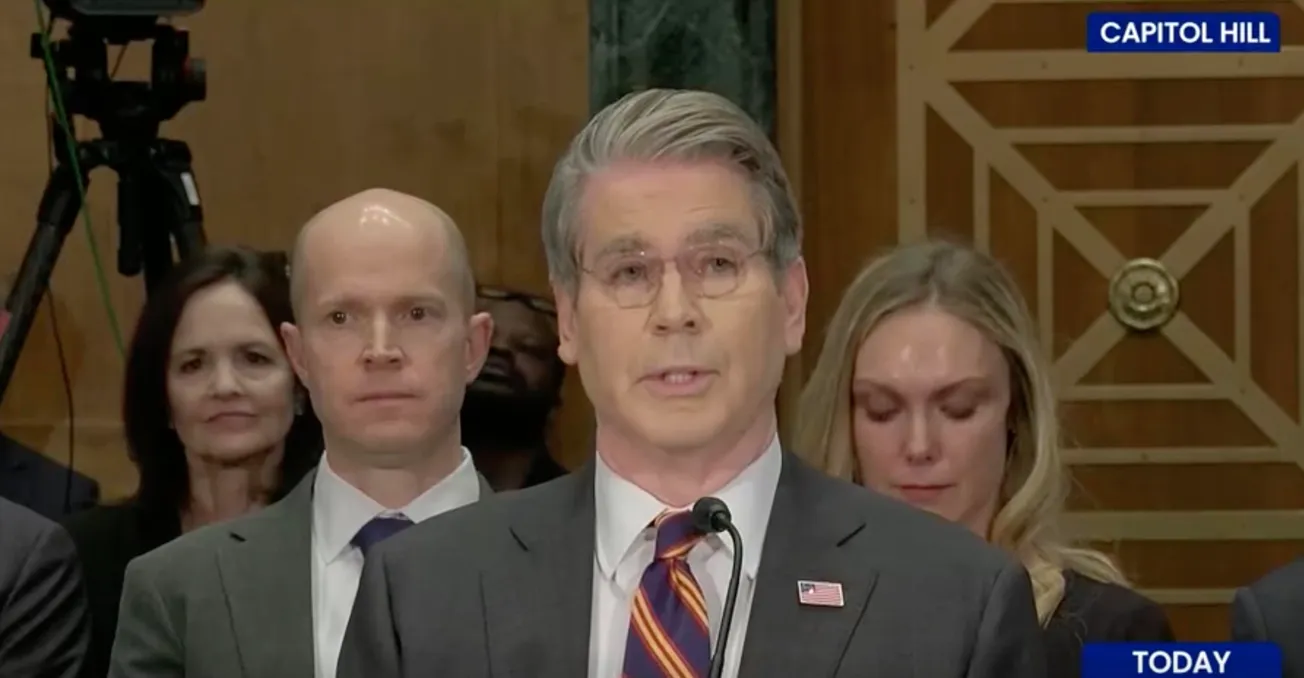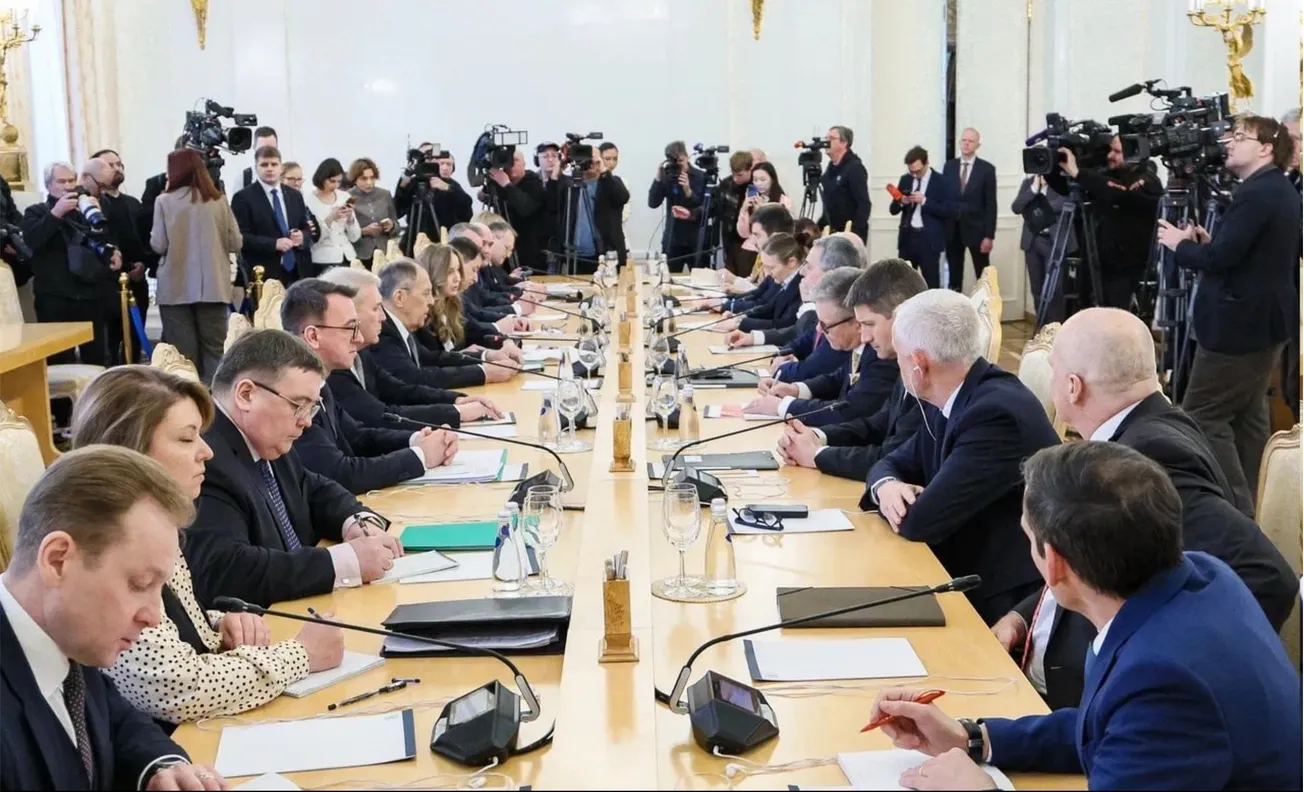Britain’s leading think tank Chatham House, otherwise known as the Royal Institute of International Affairs, on Oct. 15 published a nervous “Expert comment” by Creon Butler, Director, Global Economy and Finance Program, suggesting that it might be necessary after the U.S. presidential election to re-jigger the Group of 7 nations (which currently includes the U.S., along with the U.K., France, Germany, Italy, Canada and Japan) into a “Group of 6"—unceremoniously excluding the United States. The headline is clear: “The US election could create the need for a G7 alternative—without American representation. Traditional allies of the US need to find a way to work together on some global policy issues even when the US itself is not engaged. A ‘G6 plus’ group could provide an answer.”
The first paragraph further explains the concern: “A Donald Trump victory will result in stark differences between the US and its closest partners on key global economic issues. US allies would no doubt try and persuade the new president to moderate his position, but experience suggests that this will have little, if any, effect. They may then want to work around the US, or on a parallel track. But doing so will be very hard unless they have a framework for discussing and developing ideas collectively. Could some form of ‘G6 plus’ forum help?”
The recent shifting of NATO’s Ukraine support activities from the U.S.’s Ramstein Air Base in Germany to NATO facilities in Wiesbaden, reflected the same strategic repositioning.
The same issue was addressed from a different angle in an Oct. 28 article in Foreign Policy magazine (founded by Samuel Huntington back in 1970) headlined “A Contested U.S. Election Would Mean Global Instability,” which presented the British scenario for post-US elections: the US and most of the world devolve into chaos; the Brits step in to “stabilize” the world and run the show.
What happened after Jan. 6, 2020 is nothing compared to what might happen if the 2024 election is contested—meaning if either side rejects the official outcome—the author asserts. “Any question over the outcome of its presidential election could have global consequences.” The article cites Brian Klaas, an associate professor of global politics at University College London, Jade McGlynn, a researcher in the department of war studies at King’s College London, and other such experts to argue that “the chaos of uncertainty about the next administration would complicate all foreign-policy decisions, especially in the Middle East. Instability in U.S. politics has the potential to cause global uncertainty,” the article concludes.




